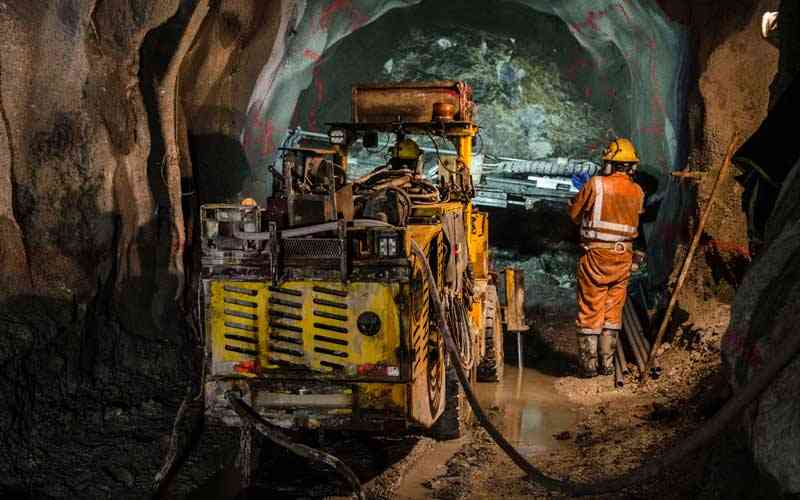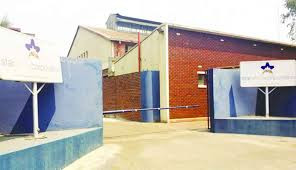
THE mining industry's overall cost of production increased by up to 10% following a recent increase in the cost of power, placing many mining companies in the red, a latest report by the Chamber of Mines of Zimbabwe (CoMZ) has shown.
The Zimbabwe Energy Regulatory Authority (Zera) recently approved an increase in electricity tariffs from US$0,12.21 per kilowatt hour (kWh) to US$0,14.21/kWh.
The power tariff hikes put the mining sector, which is dealing with a number of difficulties, such as power outages, declining commodity prices, shortages of foreign exchange, high costs, and capital restrictions, at risk of having to downsize or stop operations altogether.
The Chamber’s latest state of the mining industry survey report indicates that mining executives expressed concern on the new electricity tariff, indicating that the review will result in the cost of production increasing by between 7% and 10%.
“All mining executives expressed concern on the new approved tariff of US$0,14.21/kWh indicating that the tariff is too high and unaffordable,” the report reads in part.
“Respondent mining executives requested a downward tariff review and recommended a tariff ranging from around US$0,07/kWh for ferrochrome producers with a cap of US$0,10/kWh for the rest of the mining industry.
“They further recommended that the electricity tariff be paid in line with foreign exchange retention level.”
The mining houses also noted with concern that the tariff is paid wholly in foreign currency.
- Mines propose fresh power import deal
- Motorist robbed while relieving self
- Mines propose fresh power import deal
- ‘Mining sector to miss US$12bn target’
Keep Reading
Analysis of survey responses show that the upward tariff review will result in the proportion of electricity costs to 24%.
“The overall cost of production is set to increase by between 7% to 10%,” it said.
Mining executives said they could only tolerate a tariff level of around US$0,09/kwh.
“In terms of electricity bill payment modalities, the majority of mining executives (90%), indicated that payment of electricity bills must be done in line with the prevailing foreign currency retention framework, while those in the coal sector recommended payment wholly in ZWL (Zimbabwe dollar) as they receive most of their payments for coal deliveries in local currency,” the CoMZ report said.
Mining is a key economic driver, contributing to foreign exchange earnings, gross domestic product, government revenues, capital formation and infrastructure development.
The sector accounts for more than 80% of total national exports and employs over 55 000 people, with an estimated 500 000 involved in small-scale and artisanal mining.
The report noted that most survey respondents indicated that they were expecting an unstable fiscal regime in 2024, citing recent royalty increases for platinum group metals (PGMs) and platinum as precedents for fiscal policy inconsistencies.
“Executives in the PGMs sector indicated that they experienced a 5% average increase in overall production cost as a result of the 180% royalty increase from 2,5% to 7% royalty, while those in the lithium sector reported a 4% increase in the overall cost of production on the back of the 150% royalty increase from 2% to 5%,” it said.
“Mining executives in PGMs sector expressed their concern on the anticipated implementation of the export tax effective January 1 2024, arguing that it will impact negatively on the viability of their projects.
“They reported that, as agreed with the government, they signed commitment letters with Zimplats to utilise their facilities once they finalise construction of additional smelters and refurbishment of their Base Metal Refinery.”
The executives also indicated that rural district council levies were high compared to regional averages and varied with rural district council. They said the Environmental Impact Assessment levy was high and undermined the implementation of capital projects.
They also raised concerns about the unaffordable 2% environmental rehabilitation fee.
To minimise decline in profitability, most mining executives said they were rationalising and optimising procurement, freezing hiring and multi-tasking where necessary, and deferring some capital spending.











